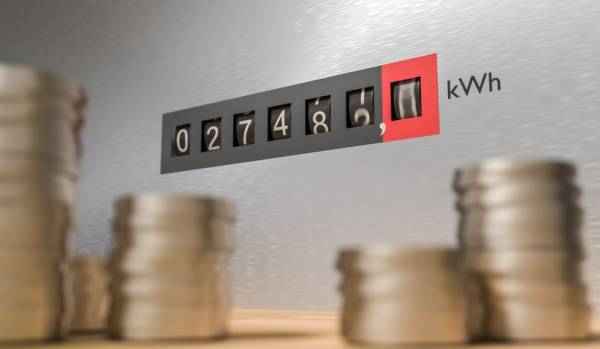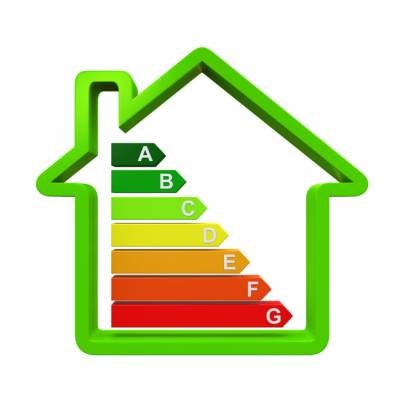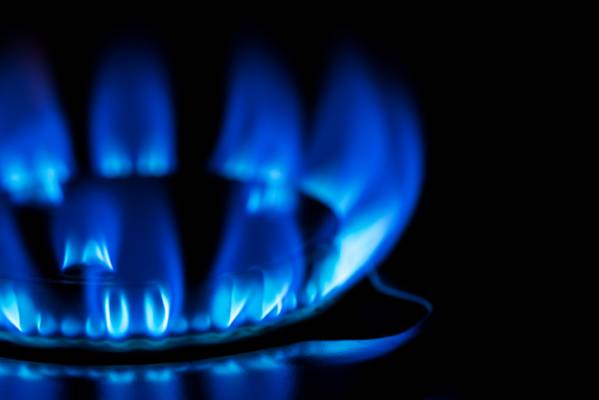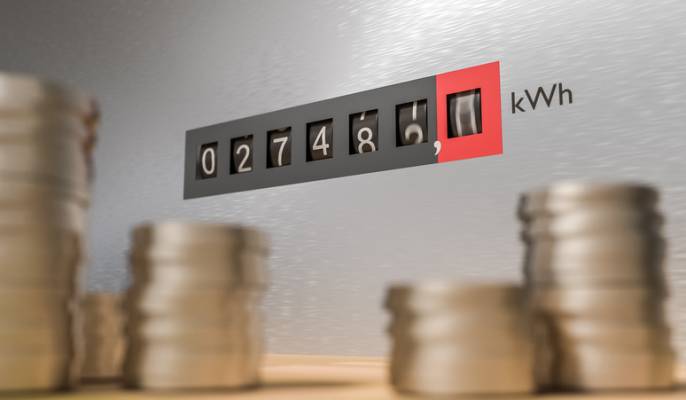
Everything you need to know about energy ratings in winter

Could investing in a luxury apartment actually save you money in the long run?
At this time of year, when the temperature drops and it’s hard to resist switching on the heating for that little bit of extra time, your energy rating becomes even more important. It’s a fine balance between not forking out huge costs for your heating and not feeling uncomfortably cold in your own home – a combination that makes your home’s energy efficiency all the more important.
But surprisingly few of us are aware of the details when it comes to determining what the different Energy Performance Certificate (EPC) ratings mean. We’re going to clear things up by breaking down the efficiency of each rating and explaining just how much more important your EPC rating becomes in winter. This begs the question: are some kinds of properties more energy efficient than others?
What does your energy rating mean?
Simply put, your EPC rating is the measure of the overall efficiency of your home. The higher your rating, the more energy efficient your home will be and the lower your heating bills will be. An EPC inspection normally takes between one and two hours, and will give you a certificate showing the environmental impact rating of your home as well as the energy efficiency rating.
An EPC shows you the current and potential energy rating of your home. This is known as a SAP rating, which stands for Standard Assessment Procedure.
These SAP charts are divided into seven bands (A to G), with each band having a set amount of SAP points out of a maximum of 100. This is how your energy bands are divided:
Band A: 92 – 100 SAP points (This is the most efficient EPC rating)
Band B: 81 – 91 SAP points
Band C: 69 – 80 SAP points
Band D: 55 – 68 SAP points
Band E: 39 – 54 SAP points
Band F: 21 – 38 SAP points
Band G: 1 – 20 SAP points (This is the least efficient EPC rating)
The Environmental Impact Rating aspect of your EPC is similarly split. This shows you your current and potential energy use and carbon dioxide emissions per year, giving you a guide on your current spending on key elements like heating, hot water and lighting.
In winter, when fuel bills rise, energy ratings become even more important
Winter marks the most important time for your EPC rating. An A or B rating means you can stay comfortably warm in your home without spending huge amounts of excess finance on constant heating. What’s more, this winter is particularly important as new EPC rules are set to be introduced in April 2018.
These rules mean that properties without at least an ‘E’ EPC rating cannot be let to new tenants or have existing tenancies renewed until their EPC rating is improved.
Allison Thompson, managing director at property specialists Leaders, says: “Landlords have just six months to get their properties up to scratch, so taking action now ahead of cold winter months is a good idea.”
What are the benefits of an apartment?
When compared to typical detached family homes, a luxury apartment is a much more energy efficient choice of property. The heat generated by radiators and underfloor heating systems spreads more effectively across single storey apartments. For those living on the first floor and above, it is also worth noting that heat will rise from properties below and help to warm the upper levels.
Luxury apartments such as those from Quartermile have impressive A or B EPC ratings, which can be attributed to the use of the latest building materials and techniques, which are much more efficient than those found in older properties.
Quartermile properties also benefit from heating and hot water systems that are highly efficient and environmentally friendly, individually metered for each apartment. The use of an efficient boiler system such as this has been estimated to save an average of £225 per year on heating bills.
Looking to make the move to Edinburgh’s trendiest new district? Arrange a viewing at Quartermile today by calling 0845 000 25 25, or click here to find out more.




